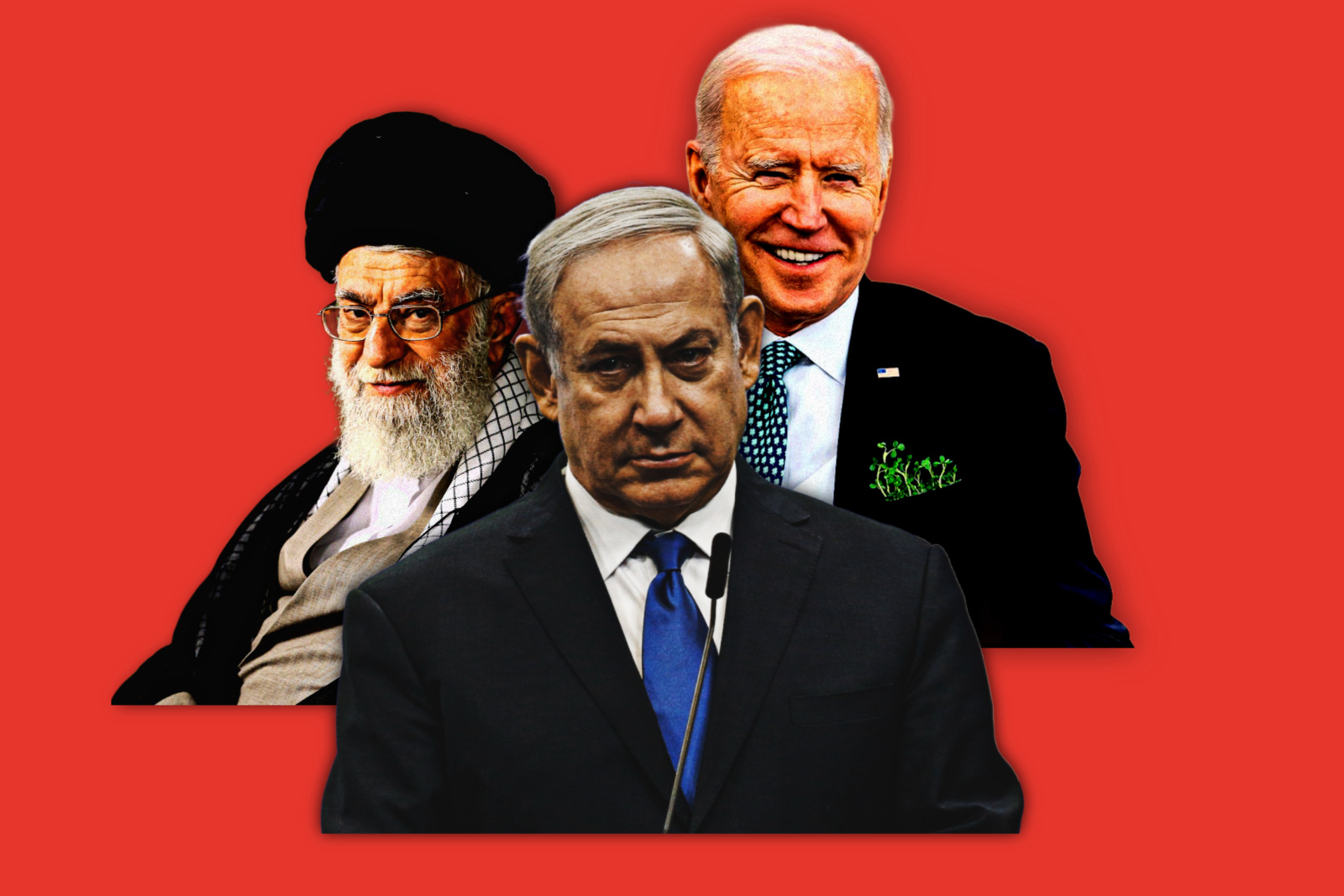
There are Few Good Options to Deter Iran
On October 8, 2023, The Wall Street Journal reported on escalating tensions in the Middle East, pinpointing Iran’s influential role in orchestrating assaults on Israeli soil. The article, “Iran Alleged to Have Coordinated Attack on Israel Over Weeks,” intimates that Tehran covertly sanctioned Hamas’s unexpected assault on Israel on October 7, where over 1,200 Israelis were killed. Additionally, it is reported that Hezbollah, a terror organization aligned with Iran, has launched over 1,000 rockets toward Israeli communities near the border with Lebanon.
Tensions escalated in the wake of a high-ranking Hamas official’s assassination in Lebanon, which was closely followed by the Houthis—another ally of Iran operating in Yemen—executing a sequence of missile barrages at merchant vessels traversing the Red Sea. These incidents weave a narrative of escalating aggression and martial activities in pivotal areas, leading to global apprehension about the prospects of an expanded confrontation.
What can be done to deter the Iranian threat in the region?
One group of experts I spoke with have proposed a provocative strategy: the establishment of an armed faction within Iran’s borders, specifically in the strategically critical Al-Ahwaz region. The logic underpinning this concept hinges on the possibility that such an initiative could dilute Iran’s external militant linkages, thereby necessitating a pivot of Iranian attention inward to manage burgeoning domestic challenges.
This proposed gambit would entail covert aid to Al-Ahwaz’s Arab residents in the form of financial support and weaponry, effectively mirroring the methods Iran itself employs in its sphere of influence. Yet, the potential fallout from this strategy is fraught with peril. In particular, it could ensnare the interest of other radical entities, like the Taliban—who, armed with sophisticated arms remnants from the American military’s withdrawal, might discern a compelling crusade in championing Al-Ahwaz’s quest for self-determination. Such an entanglement risks exacerbating the conflict, potentially spiraling into a broader and more convoluted engagement.
In dissecting this concept, its intrinsic risk and intricacy became apparent, compelling me to bring my insights forward to foster broader discourse. Should this notion prove actionable, it might introduce a fresh perspective to the prevailing geopolitical dialogue. Conversely, if it is merely an abstract conjecture with no practical grounding, delving into such theoretical constructs remains a harmless exercise in intellectual exploration, enhancing our grasp of the potential reverberations.
Al-Ahwaz’s historical significance as an Arab land under Iranian occupation for about a century is undeniable. The region’s decades-long struggle for change, despite support for the 1979 Iranian revolution, underscores the complexities involved. International alliances and historical contexts heavily influence the current dynamics.
While Iran’s support for groups like Hezbollah and the Houthis is a direct security concern for Gulf states such as Saudi Arabia, and particularly critical for smaller states like Bahrain and Kuwait due to their proximity and vulnerability, the dynamics around supporting Al-Ahwaz need careful consideration. Though such support could counterbalance Iranian influence, the only country seemingly favoring a military escalation to this level is Israel. For Israel, this escalation could mean significant strategic gains with minimal direct repercussions. Given this context, one can’t help but speculate that the whispers advocating for this approach, though seemingly beneficial on the surface, might originate from Israel or pro-Israeli entities. This could spell a risky endeavor for the GCC countries, potentially leading to outcomes more detrimental to them than to Israel.
Moreover, Gulf states’ military history, such as the campaign against the Houthis in Yemen, illustrates the challenges and costs of such interventions. These experiences suggest that the success of a new front in Al-Ahwaz is not guaranteed and requires careful consideration of military, political, and social factors.
Furthermore, supporting Al-Ahwaz could aggravate sectarian tensions in Iraq and impact its Sunni minority. For a country like Kuwait, deciding to support this plan would undoubtedly be a double-edged sword regardless of the choice made.
Should the United States consider supporting an insurrection in Al-Ahwaz, it would necessitate a strategy shrouded in secrecy to preserve plausible deniability. Such an operation would likely be orchestrated from the shadows, requiring discreet, multi-lateral cooperation to minimize any overt fingerprints. Yet, this shadow play is not without its hazards.
American clandestine involvement, however meticulously camouflaged, would present significant perils, particularly for Kuwait and the broader Gulf Cooperation Council (GCC) nations. These allies, proximal to Iran, could find themselves in the crosshairs, absorbing the impact of Iranian reprisals should the covert strategy unravel. The potential for such a backlash demands careful consideration, weighing the risk of regional destabilization against the objectives of the operation.
Historical context is crucial here: since World War II, the only unequivocally successful U.S. military intervention was the Gulf War in 1991. The last 35 years have seen no clear-cut military victories by the U.S. or Gulf militaries, a sobering reminder of the unpredictable nature and often unintended consequences of military engagements in the region.
The proposal to support an armed front in Al-Ahwaz is fraught with risks. It necessitates a nuanced understanding of regional geopolitics, historical contexts, and potential repercussions. Any initiative in this direction must be approached with extreme caution, ensuring that it contributes to regional stability rather than exacerbating existing tensions.
This perspective becomes even more critical if we examine the circulating idea without Israel in the equation. Without clear benefits to any GCC or even Middle Eastern nation from destabilizing Iranian territories – especially if Israel’s interests are set aside – proceeding with such a plan demands extensive due diligence.

